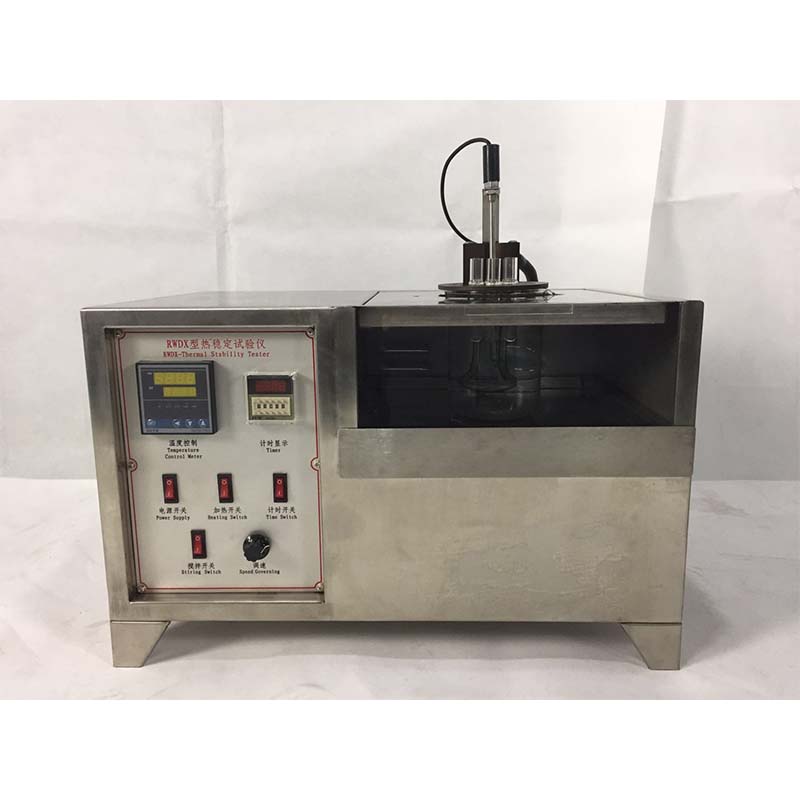High Insulation Resistance Testing for Custom Electrical Solutions and Applications
Custom High Insulation Resistance Test Ensuring Reliability in Electrical Systems
In the world of electrical engineering, ensuring the reliability and safety of electrical installations is paramount. One of the critical aspects of this is the insulation resistance of components and systems. Insulation resistance testing serves as a fundamental procedure in verifying that electrical equipment is safe and effective, preventing unforeseen malfunctions that could lead to failures or hazards. The custom high insulation resistance test is a specialized method tailored to meet specific industrial requirements and enhance the performance of electrical systems.
Insulation resistance is the measure of how much a material resists the flow of electrical current between its conductive parts and the earth or its environment. A high insulation resistance indicates a high level of integrity of the barriers that prevent unwanted current flow, which is crucial for the safe operation of electrical equipment. Factors such as moisture, pollution, and aging can deteriorate insulation materials, leading to reduced resistance and an increased risk of electrical shorts, equipment damage, or even fires.
The custom high insulation resistance test is designed to assess insulation integrity under various conditions that a particular system may encounter in real-world applications
. This testing can be particularly critical in industries such as manufacturing, transportation, and energy, where electrical systems not only support operations but also pose significant safety risks if they fail. By customizing the test parameters, engineers can simulate specific environmental factors and loading conditions, ensuring that the testing aligns closely with actual operating conditions.A typical insulation resistance test involves applying a voltage between the conductive parts and ground while measuring the resistance offered by the insulation material. For high insulation resistance tests, higher voltages are often used to stress the insulation and reveal any weaknesses that may not be apparent at lower voltages. The results can aid in identifying insulation breakdowns, assessing material degradation over time, and making informed decisions about maintenance or replacement of components.
custom high insulation resistance test

Customizing the high insulation resistance test involves considering the unique aspects of the electrical system being evaluated. Factors such as the type of insulation material, operating voltage levels, environmental conditions, and historical performance data all play a role in developing a test that accurately reflects the potential challenges the system may face. This tailored approach not only enhances the reliability of the results but also enables engineers to hone in on specific vulnerabilities within the system.
The benefits of implementing custom high insulation resistance testing extend beyond mere compliance with safety standards. Regular and thorough testing helps predict potential issues before they manifest into costly failures, thus improving overall system reliability. By identifying and addressing insulation weaknesses proactively, companies can enhance their operational efficiency, reduce downtime, and maintain the integrity of their electrical systems.
Moreover, the insight gained from these tests can inform material selection and design decisions for future projects. With comprehensive data on the performance of insulation materials under different conditions, engineers can innovate and develop better solutions that meet the emerging demands of modern electrical systems.
In conclusion, the custom high insulation resistance test is an indispensable tool in the arsenal of electrical engineers, playing a crucial role in ensuring the safety and reliability of electrical systems. By adapting testing methods to specific applications and conditions, engineers can effectively safeguard equipment and personnel while optimizing performance. As industries continue to evolve and embrace more complex electrical systems, the importance of custom high insulation resistance testing will only grow, paving the way for innovation and enhanced safety practices in electrical engineering.
-
The Role of Tensile Force Testers in Quality Control and Material Science
NewsAug.01,2025
-
Maintenance and Safety Tips for Aging Ovens
NewsAug.01,2025
-
Density Balance in Forensic Science
NewsAug.01,2025
-
Advanced Optical Measurement Technologies
NewsAug.01,2025
-
A Buyer’s Guide to Tensile Test Machines
NewsAug.01,2025
-
Why the Conductor Resistance Constant Temperature Measurement Machine Redefines Precision
NewsJun.20,2025
 Copyright © 2025 Hebei Fangyuan Instrument & Equipment Co.,Ltd. All Rights Reserved. Sitemap | Privacy Policy
Copyright © 2025 Hebei Fangyuan Instrument & Equipment Co.,Ltd. All Rights Reserved. Sitemap | Privacy Policy
